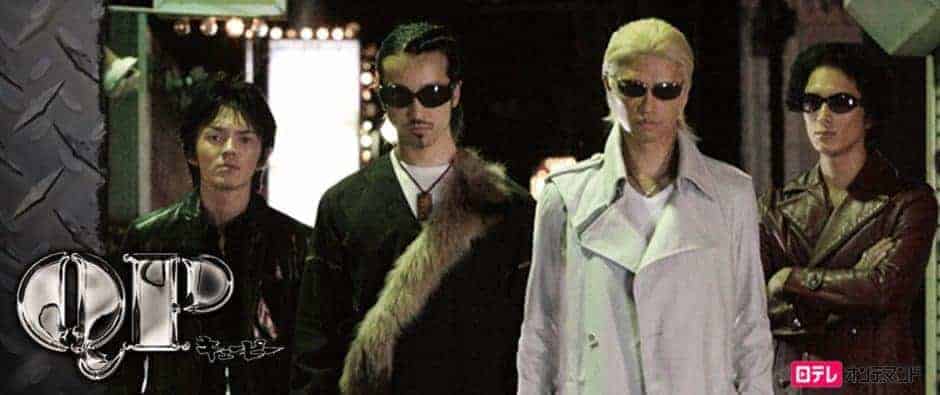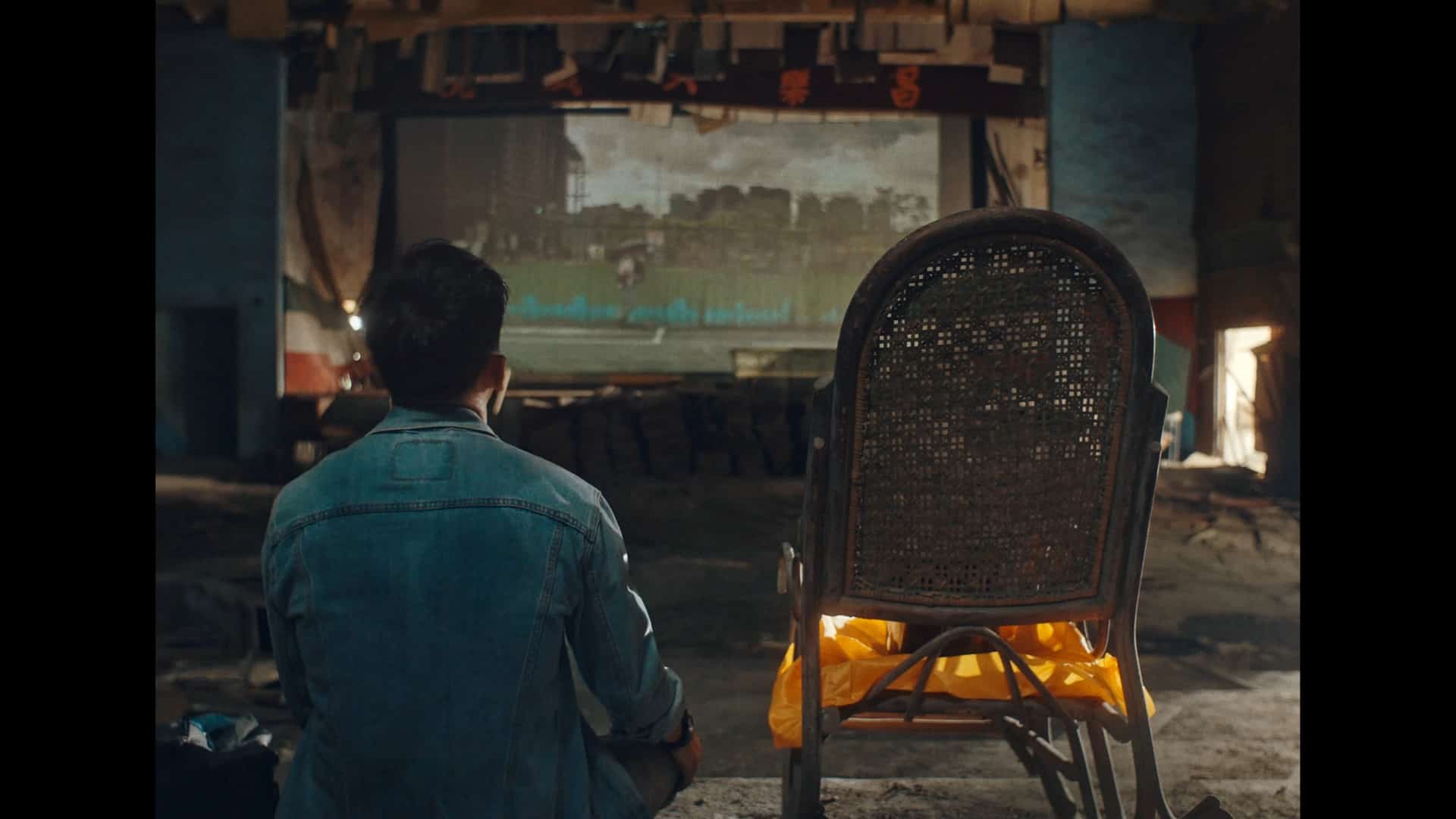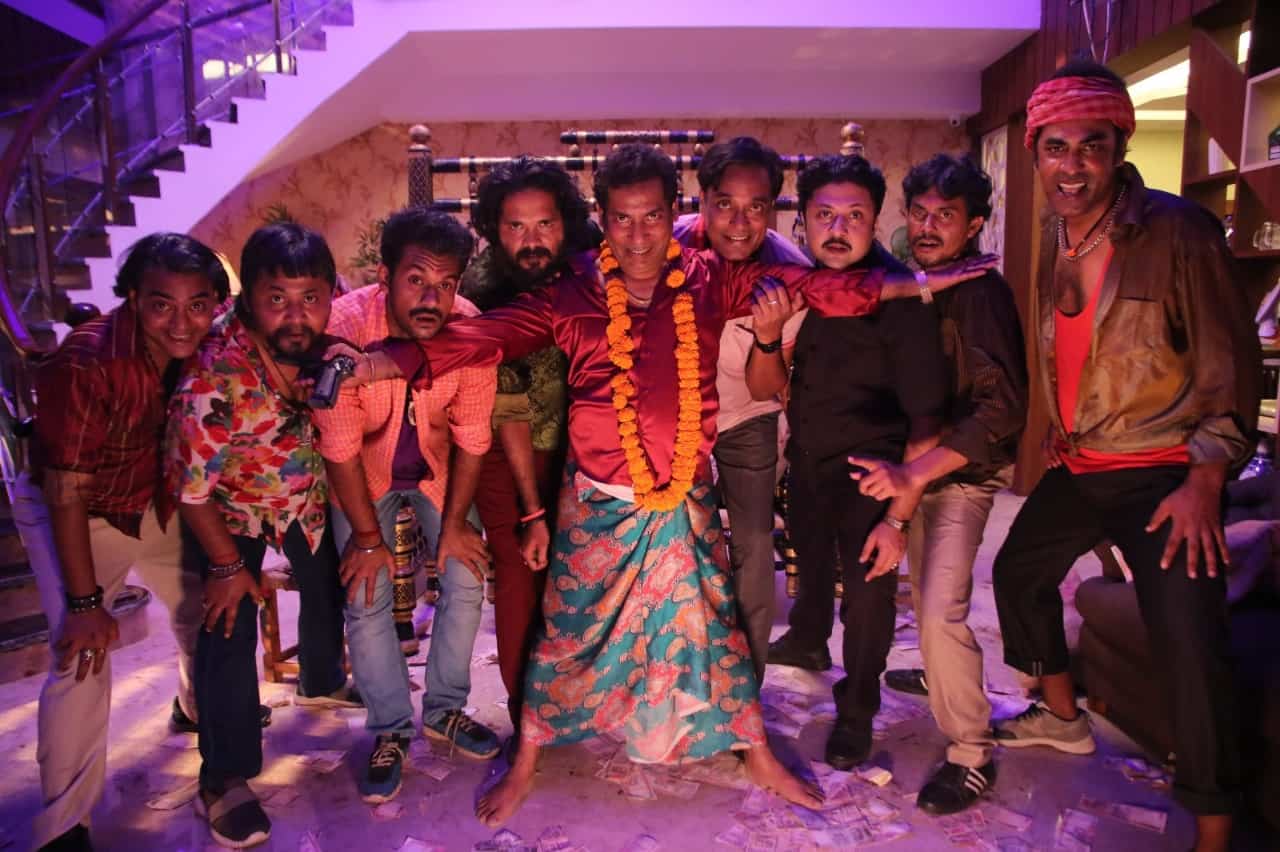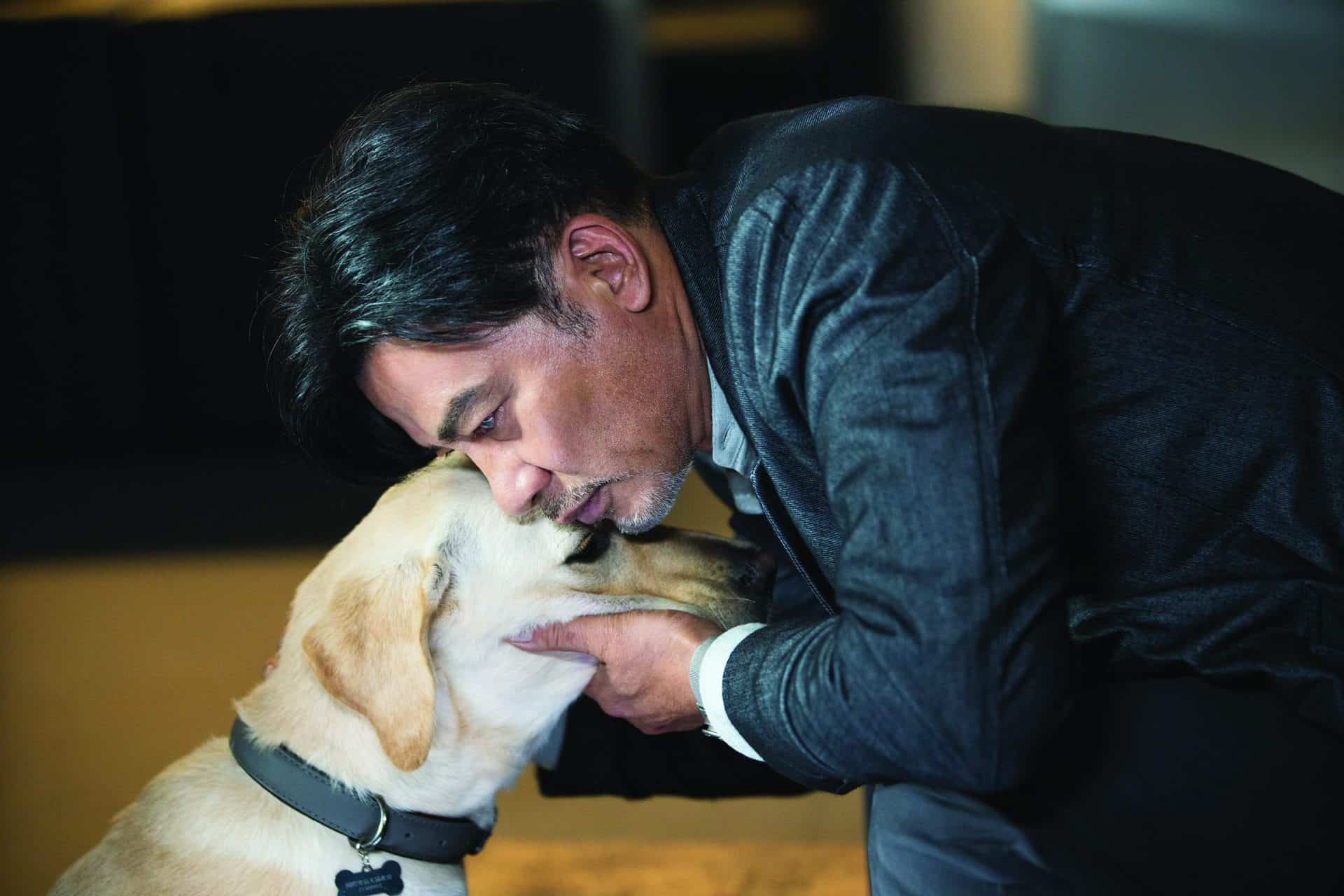Filmmaker Kihachi Okamoto, throughout his career, made it abundantly clear he hated war. He experienced the horrors on the battlefield firsthand during World War II and forever was disgusted by the atrocities committed by the Empire of Japan. Okamoto's war movies boast an anti-war mindset while blending tragedy with dark comedy. His early projects, such as “Desperado Outpost,” primarily showed the director's sense of humor, with western inspired elements thrown into the mix. Over time, these projects became more grounded and progressively darker. “Fort Graveyard” tells the tragic story of musician youths forced into combat, and “Japan's Longest Day” recounts the terrifying final hours before the country's surrender during the Second World War. With his ambitious and brutal epic “Battle of Okinawa,” audiences are reminded war spares no one.
Even with the budgetary issues the Japanese film industry was plagued with at the time, Okamoto would not be stopped. This project would be his most grand war film to date. Production conflicts were inevitable, but the director was driven to complete this spectacular anti-war epic. In order to achieve historical authenticity, intense research was done, and the personal memoirs of Colonel Hiromichi Yahara that documented his experiences during the conflict in Okinawa were utilized as a source. Joining Kihachi Okamoto and Ryozo Kasahara in writing the screenplay was Kaneto Shindo, someone who also had critical feelings towards the Imperial Japanese Empire. “Battle of Okinawa” would become a major money maker and a critical success. Filmmaker Hideaki Anno even cites it as his all-time favorite movie.
The infamous bloody Battle of Okinawa during World War II is recounted from the Japanese perspective. As the US launches a gargantuan assault on the island with the United States Army and United States Marine Corps, the Imperial Japanese Army does everything in its power to fight back. The narrative primarily follows General Mitsuru Ushijima, Lieutenant General Isamu Cho, and Colonel Hiromichi Yahara in their desperate struggle to sustain their commands while also showing the point of view of various other individuals, including the soldiers, the Himeyuri students, and the people of Okinawa. The result is a horrifying carnage that would claim the lives of an estimated 150,000 Okinawan citizens.
“Battle of Okinawa” could have easily been a shallow jingoistic celebration, but it is instead a disturbing and powerful anti-war film. War is shown as horrifying rather than glorified. Okamoto critically examines the Imperial Japanese Army with the inhumane measures they were willing to take while also showing the dangers of extremist propaganda. An example is how the soldiers forcibly convinced and brain-washed innocent civilians into committing suicide to avoid dishonor from being captured. Even with the Americans being portrayed as the enemy, the movie is not anti-American and merely seeks to show the horrors of war. The real sympathetic characters of the story are the citizens of Okinawa and the medical units, who were horribly treated by not only the American forces but also the Japanese soldiers. The movie is sad but occasionally shows glimpses of hope for a post-war future, primarily in the depiction of an orphan little girl who wanders around the island throughout the narrative.
The acting is top-notch, and like “Japan's Longest Day,” the film features a cast of many remarkable talents who are all exceptional here. Keiju Kobayashi is great as General Mitsuru Ushijima in a subtle and unnerving performance. He nails his portrayal of a man viewed as wise and admirable, yet beyond his calm demeanor are glimpses into the mind of an eccentric sociopath driven by militaristic desires. More openly sadistic is Lieutenant General Isamu Cho, played perfectly by Tetsuro Tamba, whose outspoken ultra-nationalism and psychopathic behavior are downright chilling to watch. Tatsuya Nakadai is fantastic as Colonel Hiromichi Yahara, who is undoubtedly the most logical of the three leads, putting rational thinking over pride and sometimes even opposing the extreme measures his comrades are willing to take. Some standout supporting players include Kunie Tanaka as a tragic Okinawan barber, Shin Kishida as a comically pessimistic surgeon, Mayumi Ozora as a compassionate head nurse, Yuzo Kayama as a chief medical surgeon, and Wakako Sakai as a Himeyuri student forced to undergo horrific circumstances.
The film is extremely graphic and arguably one of the most violent war pictures ever made. The battle scenes are brutal and well-staged, and the sequences of Okinawan citizens committing mass suicides and getting murdered are heartbreaking to watch. There is also plenty of tokusatsu action in the feature, superbly directed by SFX director Teruyoshi Nakano. The amount of explosions that are shown throughout is spectacular. When miniature work is done, it looks fantastic. Combined with the spectacle shown onscreen, the movie is gorgeously shot with regular Okamoto cameraman Hiroshi Murai's exceptional cinematography. Also impressive are the editing and sound design. The mixing of on-location shooting and set pieces is done seamlessly. The historical attention to detail is commendable and, for the most part, on point, only occasionally hindered by some inaccuracies that were likely a result of budget cuts. Adding to all this, Masaru Sato composes an excellent music score for the movie.
“Battle of Okinawa” is a terrific film and one that showcases the horrors of war. It balances powerful drama with touches of Kihachi Okamoto's cynical, dark sense of humor. It is superbly paced as it gradually builds up to the eventual battle and leads into the tragic aftermath. Considering the budget constraints, it's also technically mesmerizing. The director would primarily direct black comedies and jidaigeki period pieces in the following years. So in a way, this project stands as his final major anti-war picture. The feature truly is an outstanding final time for Okamoto to express his distaste for Japan's horrific wartime history.
















